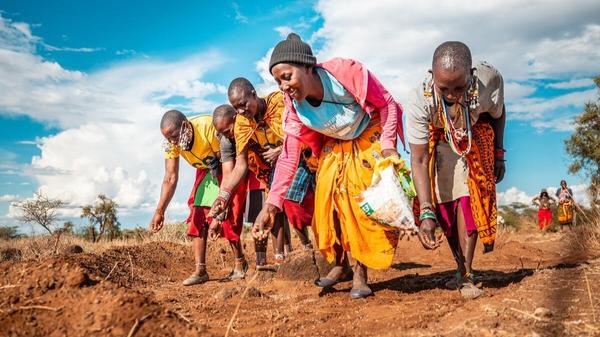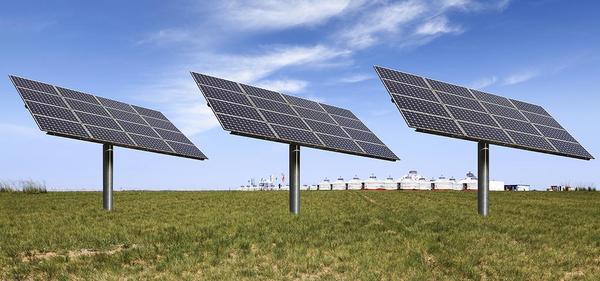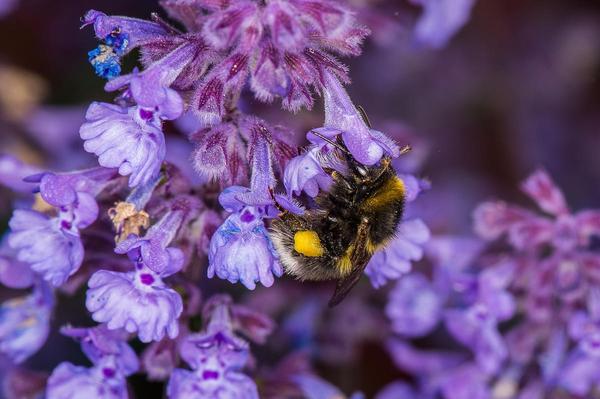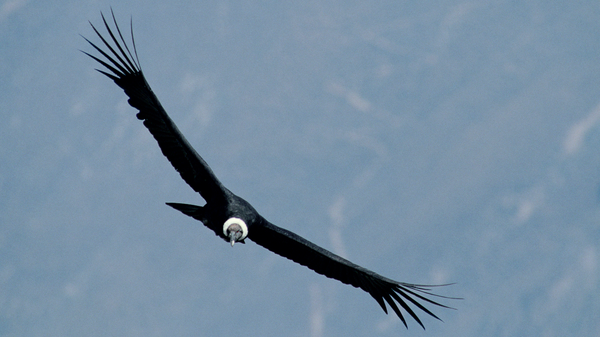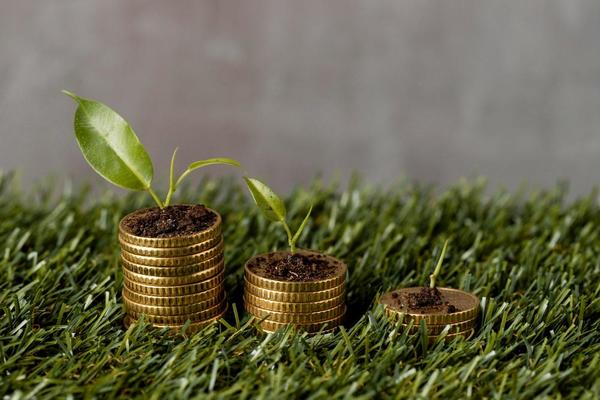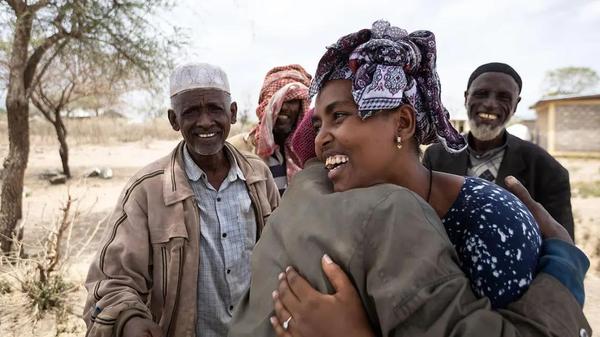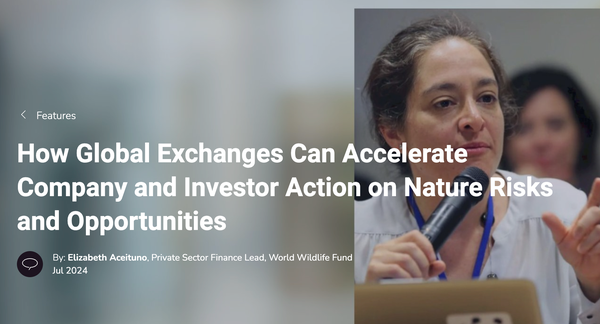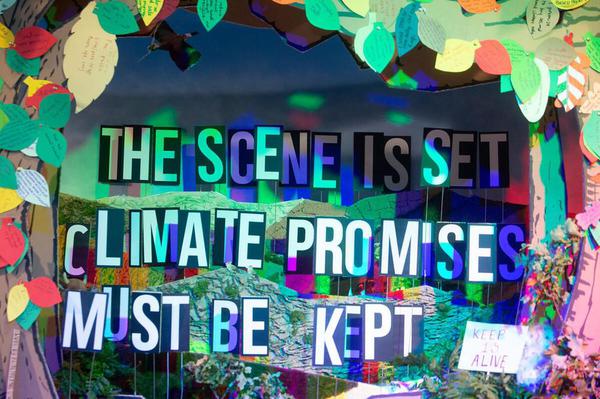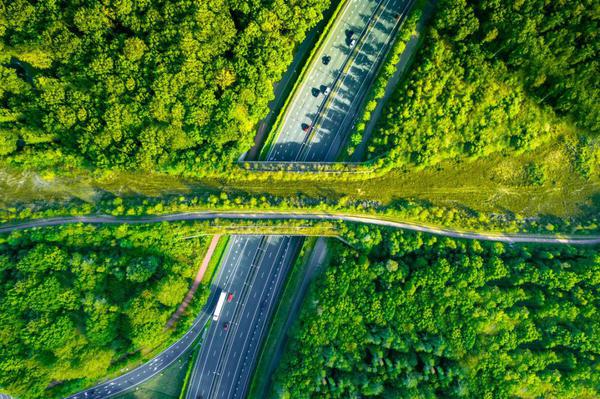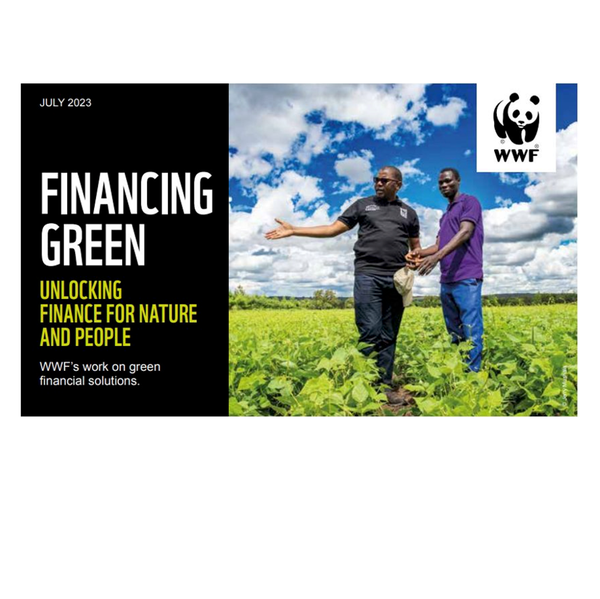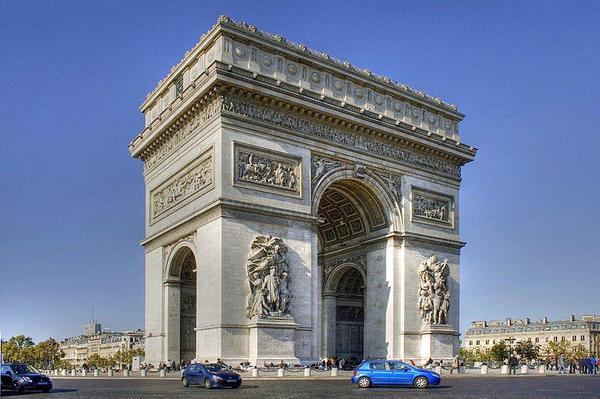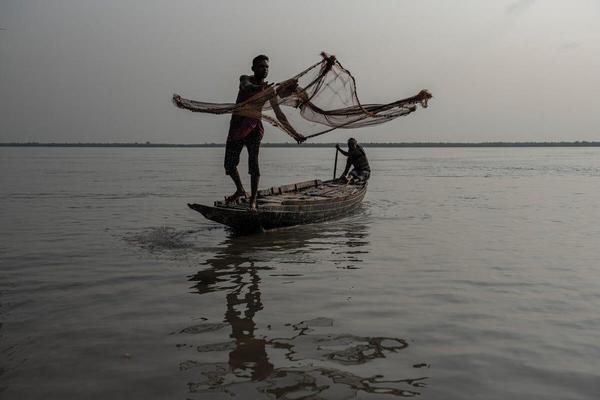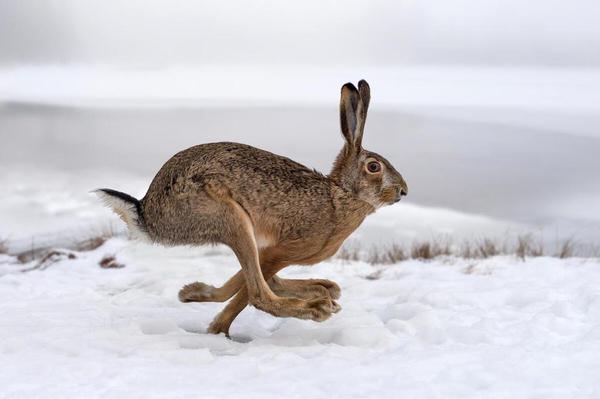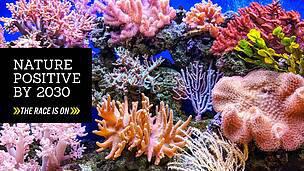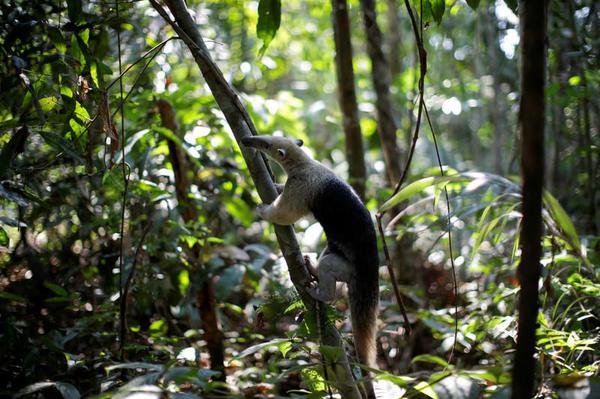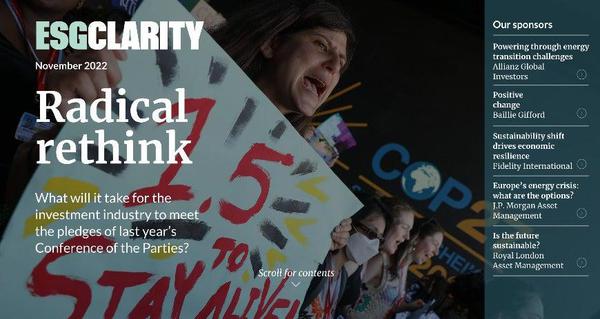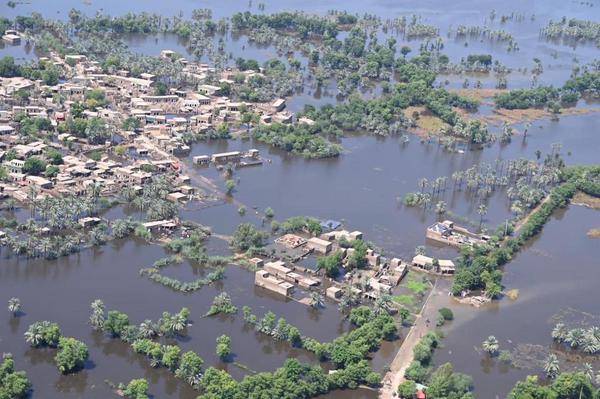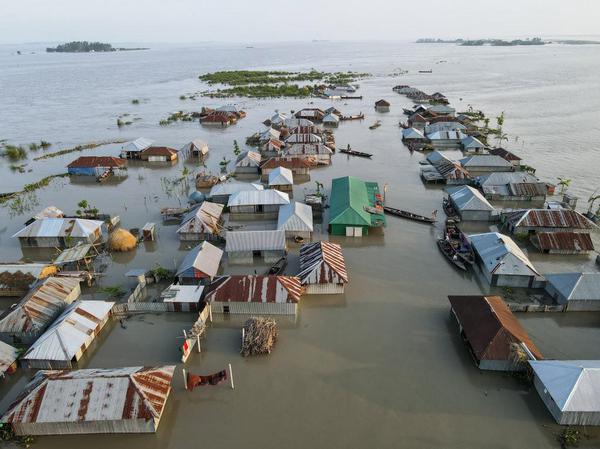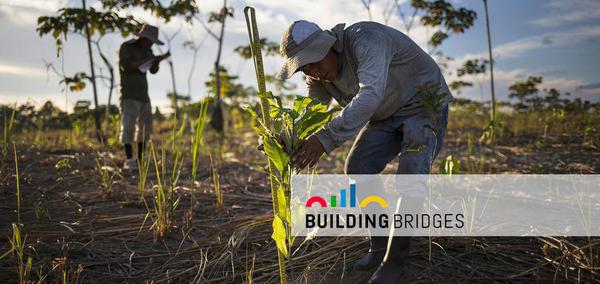LinkedIn
•
15th January 2024
Invest in nature to build trust and unlock prosperity
As global leaders gather for the World Economic Forum Annual Meeting in Davos under a rallying cry of ‘Rebuilding Trust’, David Bloch, WWF’s Director of Global Corporate Engagement, argues that delivering on global climate and nature goals is a business opportunity too important to ignore.
In many countries, economic uncertainty, inequality, and anxiety about climate change, conflict and shortages have brought trust in government to an all-time low.
For business, for now, reserves of this most precious of currencies appear to be robust - but they cannot be taken for granted.
With trust comes expectation and responsibility, which makes doing nothing unwise, especially in the face of growing societal polarisation and division.
